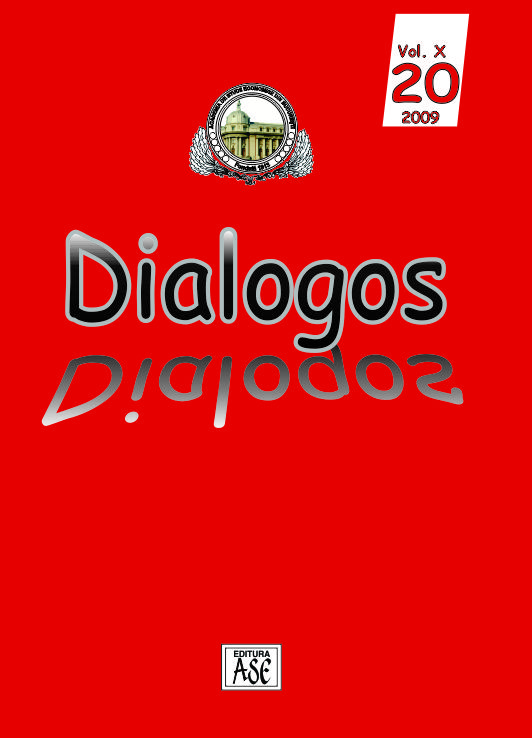Les objectifs de la formation à la communication professionnelle
The Objectives of Professional Communication Training
no
Author(s): Corina CILIANU-LASCUSubject(s): Language and Literature Studies, Applied Linguistics
Published by: EDITURA ASE
Keywords: professional communication; training; finalities; objectives; other than French speaking professionals; transdisciplianry approach
Summary/Abstract: In the introduction to this article, once we have briefly presented thecharacteristics of professional communication, we analyze the differences and similaritiesbetween the public to be trained, students attending initial training and corporateprofessionals: if the overall goal of training is the same, the specific objectives in themedium term and the ways to achieve them are different, given the difference of experienceand mastery of skills in mother tongue.In teaching professional communication skills in French, there is a complex articulationbetween work situations and language teaching, in our case, to non-francophoneprofessionals maintaining working relationships with French counterparts.In what follows, first we establish the relationship between finalities (institutional, personaland educational), goals (professional, functional and linguistic) and the diversity ofevaluation of this training.We then analyze the new paradigm of training in terms of effects, not only in terms ofinvestments and results, and thus, we emphasize the need to pay more attention tosubjective factors in learning and in practicing professional communication, as comparedto the profitability in the short term envisaged by very limited functional goals that promotestereotyped and fragmentary knowledge of the target language and culture.Finally, we place the acquisition of professional communication skills among declarative,procedural and strategic knowledge that involves all the communication parametersaccording to their components: linguistic, discursive, referential, socio cultural, whichimplies a sequencing of different types of knowledge.Our conclusion emphasizes the need for a transdisciplinary approach to professionalcommunication training in French and on dialogue with all actors involved in theseactivities through a learning agreement which decides the complexity of these relationshipsand becomes the guarantee for success.
Journal: Dialogos
- Issue Year: 10/2009
- Issue No: 20
- Page Range: 62-72
- Page Count: 10
- Language: French

